The topic of "locs vs dreadlocks" is one that can be contentious, as there are differing opinions and perspectives on the terminology and cultural significance of these hairstyles.
Some people prefer to use the term "locs" instead of "dreadlocks" because they feel that the latter has negative connotations and associations with fear or dread. "Locs," on the other hand, is a shortened version of "locks," which is a more neutral and descriptive term for the hairstyle. A popular quote shared from this perspective is "there's nothing dreadful about my hair".
However, others argue that "dreadlocks" has a historical and cultural significance, particularly in the Rastafari movement, where the hairstyle represents a spiritual connection and rejection of Western beauty standards. To them, using the term "locs" can be seen as appropriative or a dilution of the cultural significance of the hairstyle.
Ultimately, the choice of terminology is a personal one, and it's important to consider the cultural and historical contexts of the hairstyles. Regardless of what term is used, it's essential to respect and appreciate the cultural significance and personal choices of those who wear the hairstyle.
The term "dreadlocks" has its roots in the Rastafari movement, which originated in Jamaica in the 1930s. The word "dread" was used by the Rastafari to describe the fear and respect they had for God, and "locks" referred to the matted hair that they grew as a symbol of their spirituality.
The Rastafari movement was influenced by African and Jamaican cultural traditions, and the use of dreadlocks was a way for them to embrace their African heritage and reject the European standards of beauty that had been imposed on them during colonization.
Over time, the term "dreadlocks" has become widely used to describe the hairstyle, and it is now used by people of many different cultures and backgrounds. In the Caribbean, where the Rastafari movement has had a strong influence, the term "dreadlocks" is commonly used to describe the hairstyle, and it is often seen as a symbol of cultural pride and resistance against oppression.
As for Made For Locs, to respect all of our customers we don't use the word dreadlocks on our products or branding. Only in our blog post to further reach those that do use the term dreadlocks from a cultural perspective and to further educate our loc community.
Let us know below what your prefer to call your crown?
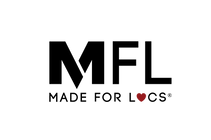


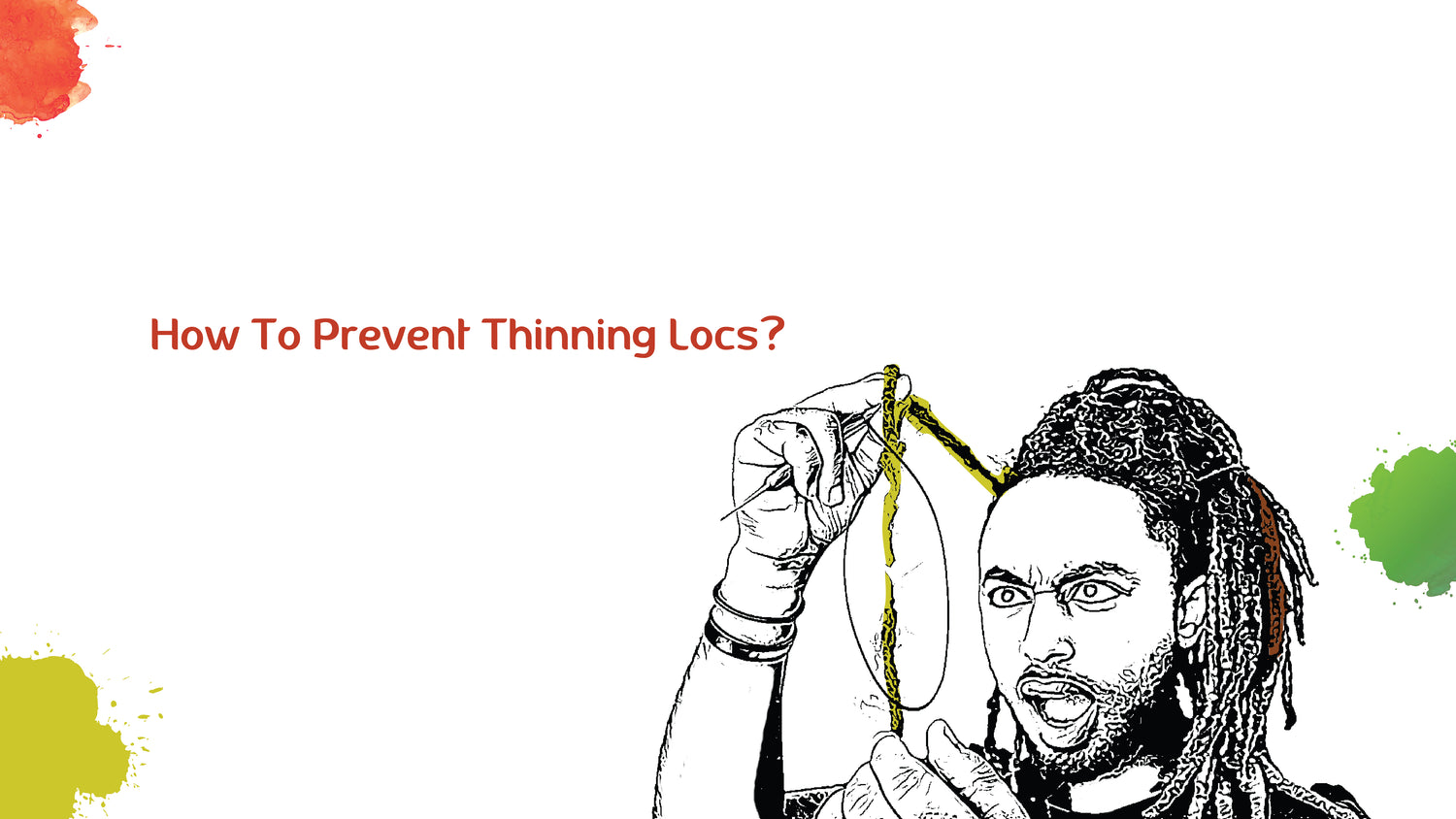
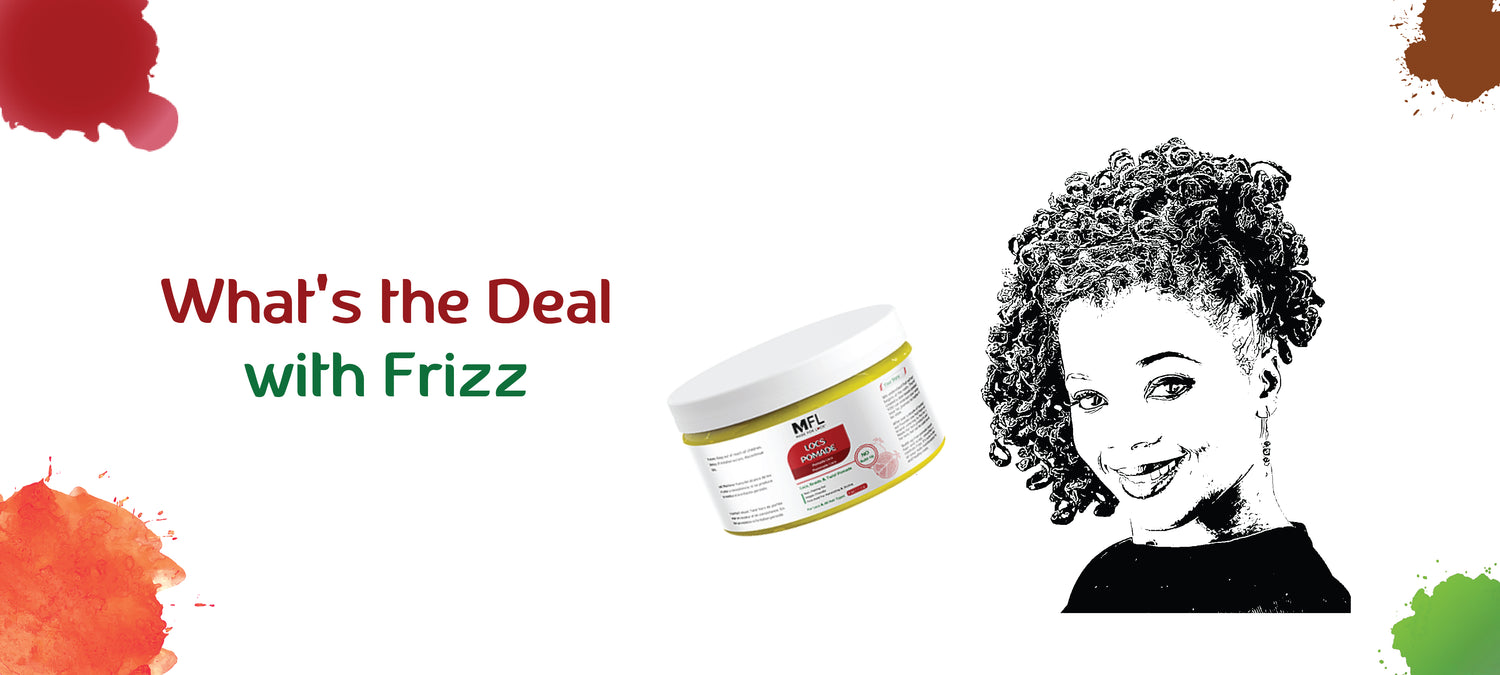
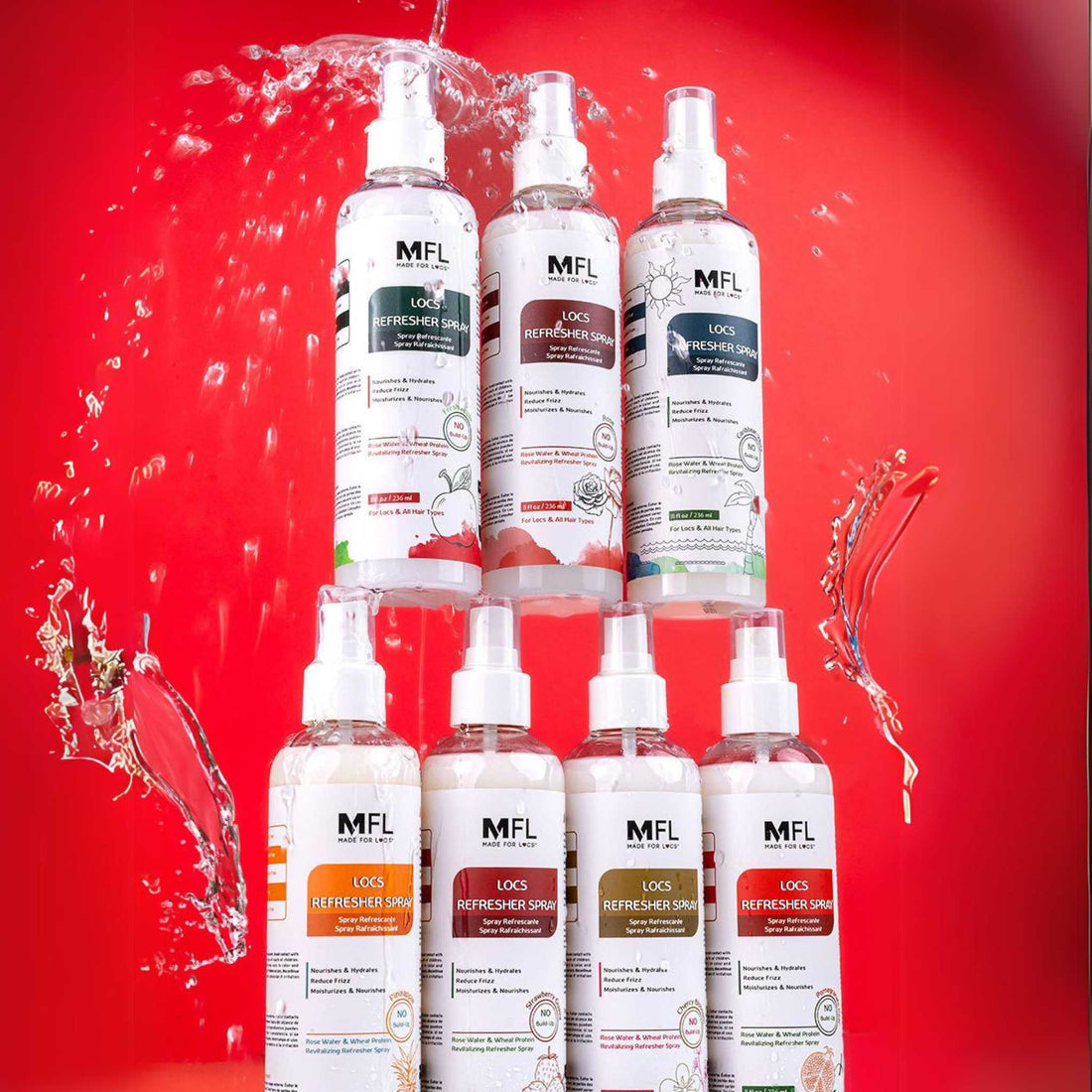
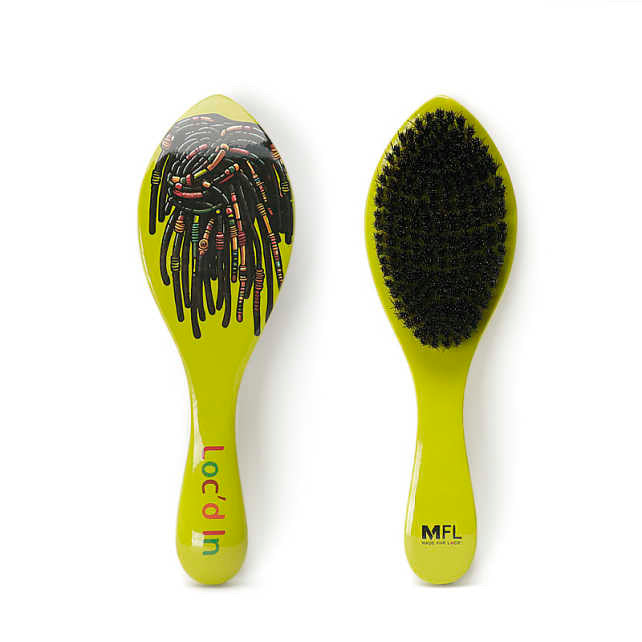
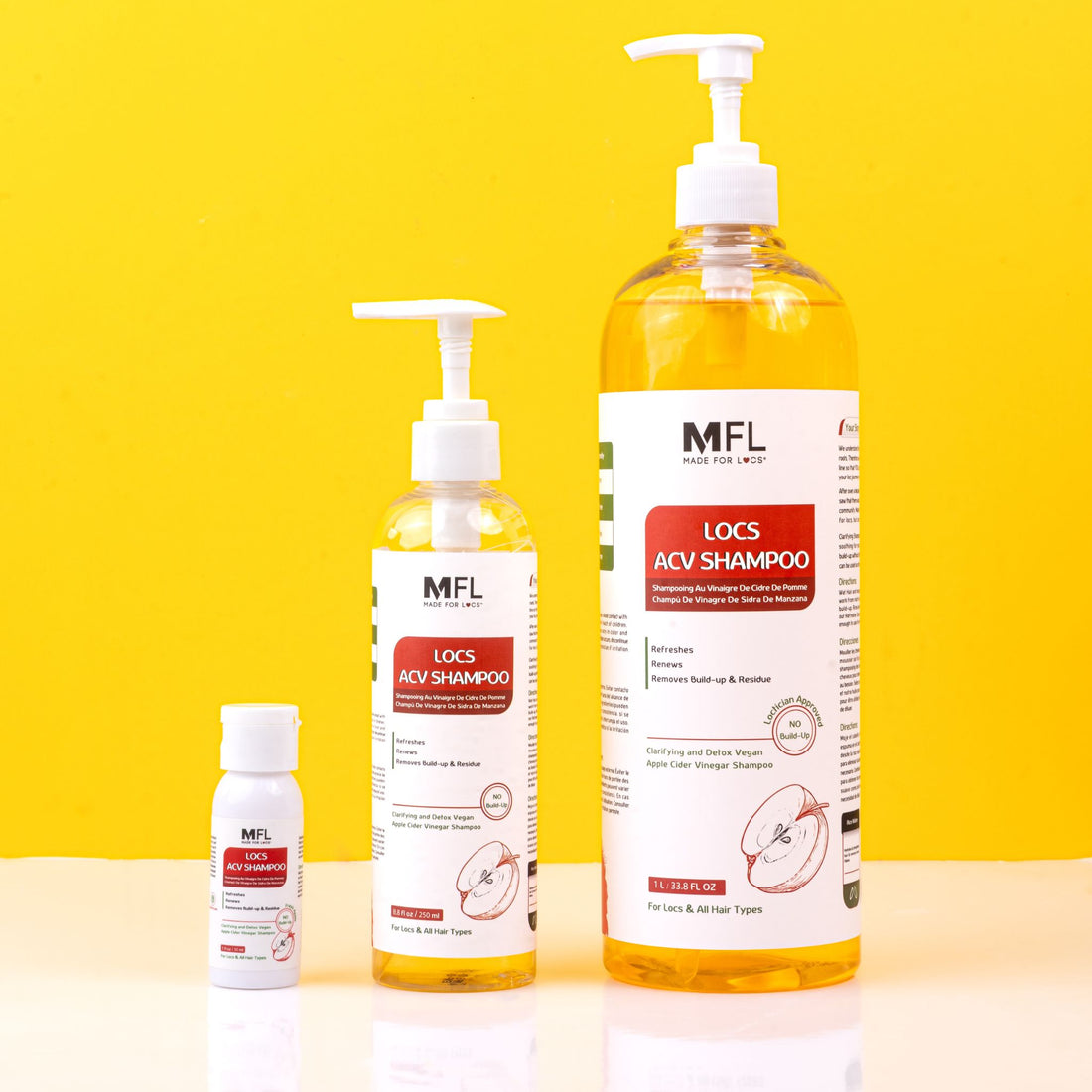
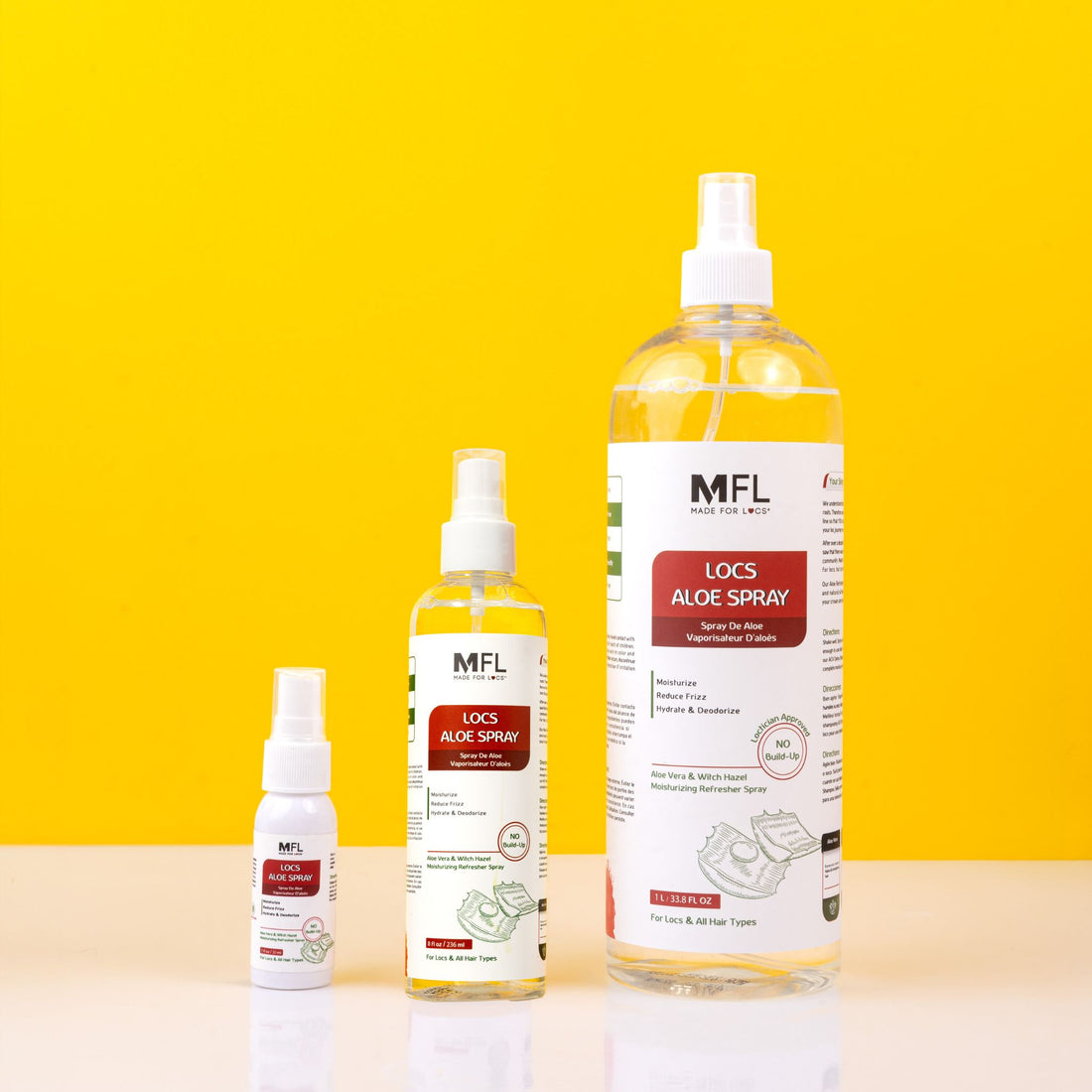
1 comentario
My preference is the use of the term’Loc’. I also concur with the quote, “there’s nothing dreadful about my hair”.